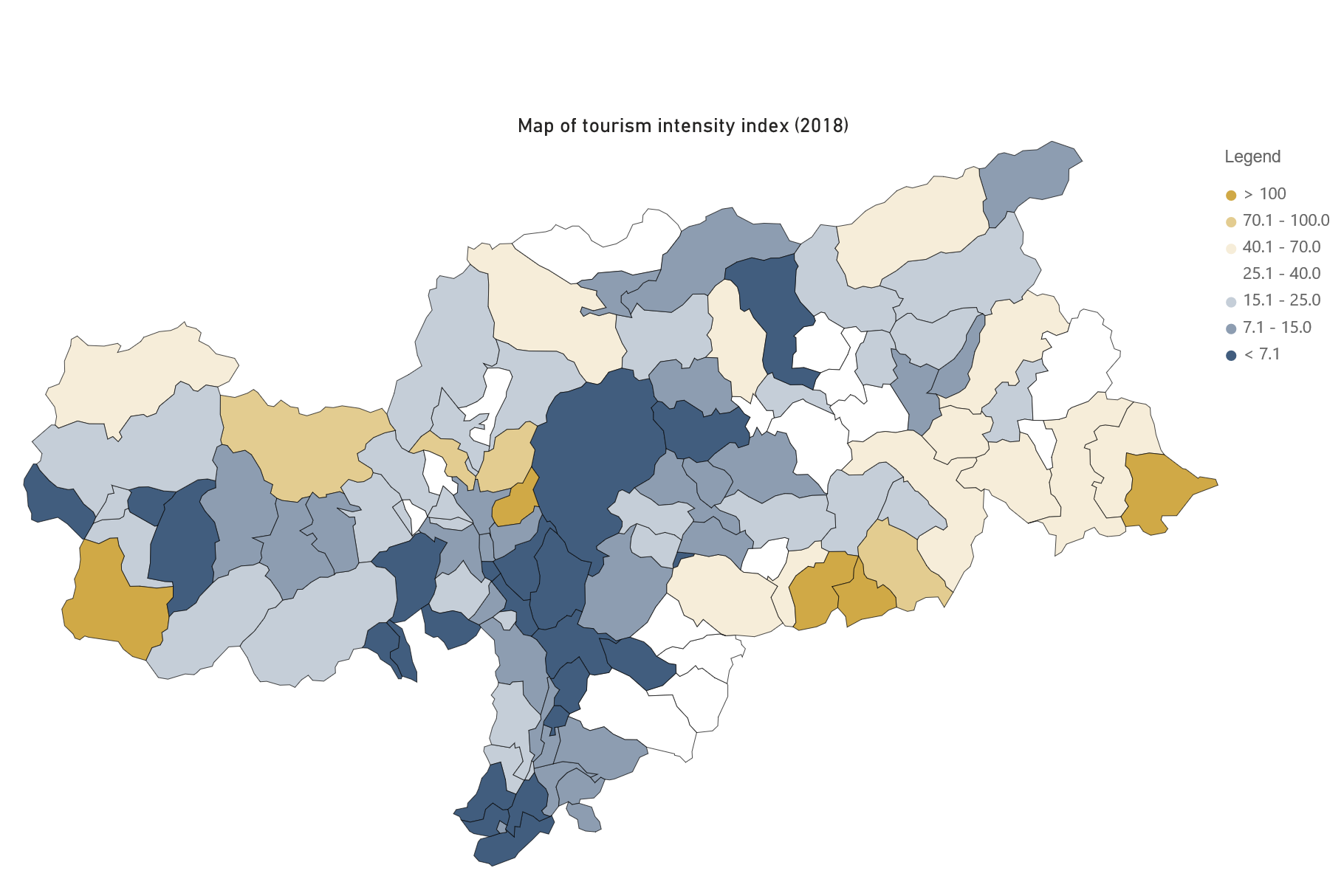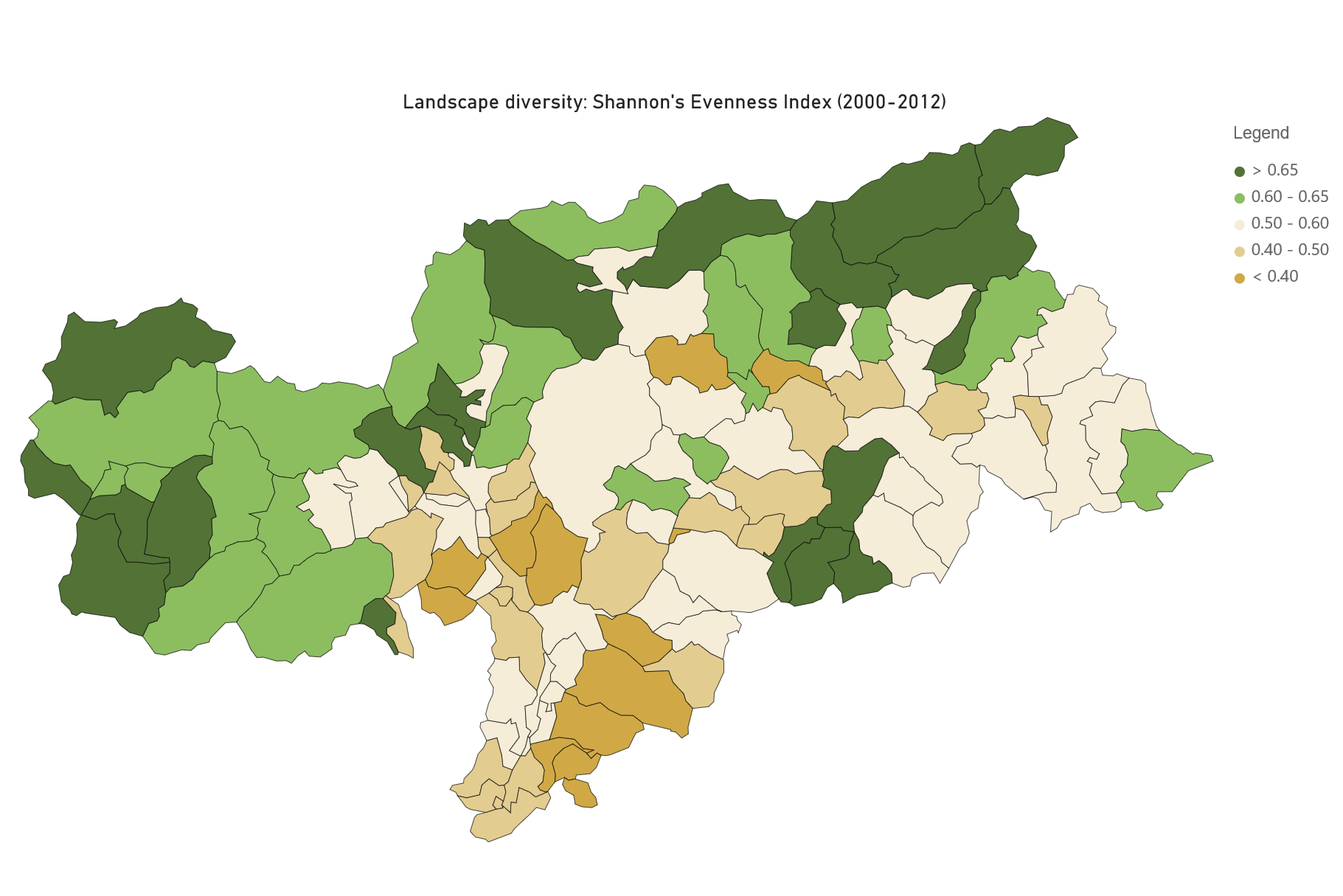Accessibility is a comprehensive concept that enables everyone to participate in the social life on an equal basis and is not solely limited to special solutions for people with disabilities (PwD).
Globally, the WHO estimates that 15 percent of the population has some kind of need for accessibility assistance 1WHO, 2022. This number includes people who might have temporary difficulties, like pregnant women or persons recovering from accidents and in a progressively aging society also elderly people cannot be forgotten. To ensure a fair society with room (and to move in this room) for everyone, every part of life needs to be accessible. This includes people’s holidays.
For a long time, PwD have been largely excluded from travel and tourism because of the lack of opportunities. Destinations were not prepared for people with special needs, also because generally, PwD were not part of the social discourse. Only in the year 1975, when the UN published the Declaration on the Rights of Disabled Persons a disability social movement began to form and call for equal rights for PwD2Darcy et al., 2019. Another important step toward accessible tourism happened in the year 1990, The European Year of Tourism, during which the Tourism for All in Europe conference was held and publicly raised awareness of the issue3Ability Advisor, 2022. In succession, social organizations started to focus on this matter, initiating campaigns and events and overall raising awareness. Destinations followed the call for tourism for all and started adjusting for special needs.
Today, accessible tourism is defined as all-inclusive tourism4Lodgify, 2022, which means people with or without disabilities have equal access and enjoyment of tourist accommodation, transport, tourist activities, trained service staff, and an inclusive marketing system (such as accessible websites, designed and developed in a way that people with auditory, cognitive or visual impediments, can still use them)5ENAT, 2022. To ensure that people with disabilities and the people who take care of them can fully enjoy the destination, combined efforts of local stakeholders and decision-makers are therefore needed. Tourism for all is hereby not only beneficial for PwD, barrier-free living spaces represent added value also for local populations and overall for a more fair society.
MORE ABOUT SOCIETY

Local and Visitor Satisfaction
The satisfaction of locals and tourists: to monitor and preserve the quality of life of inhabitants and at the same time the quality of the holiday of tourists.

Land Use and Landscape Diversity
Landscape diversity is a source of beauty, and therefore source of quality of life and holiday.




